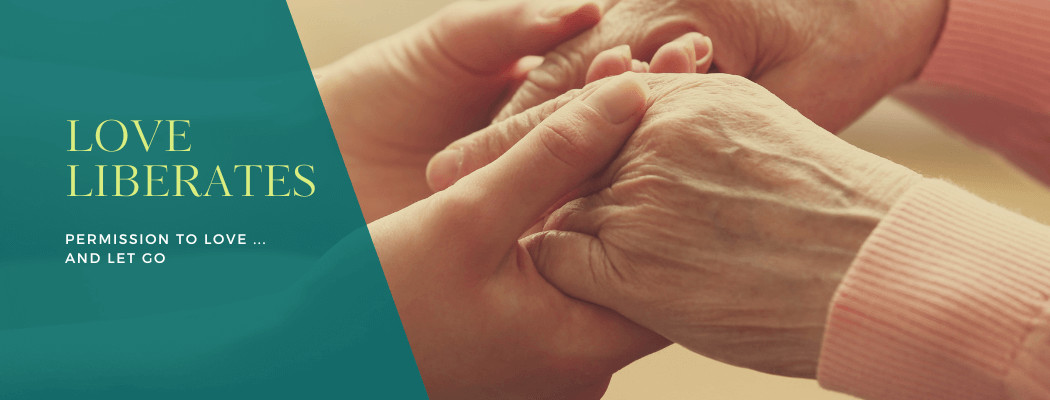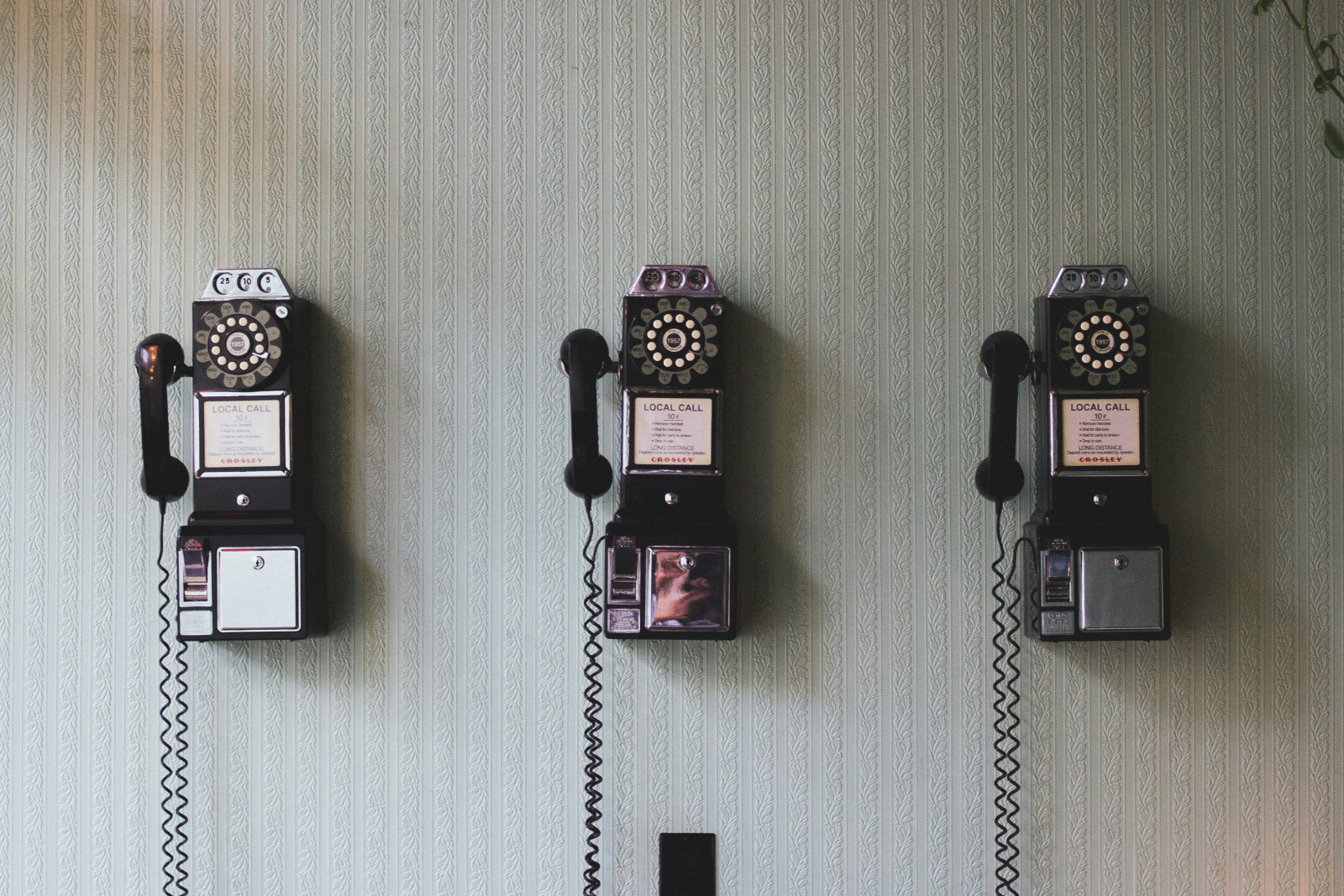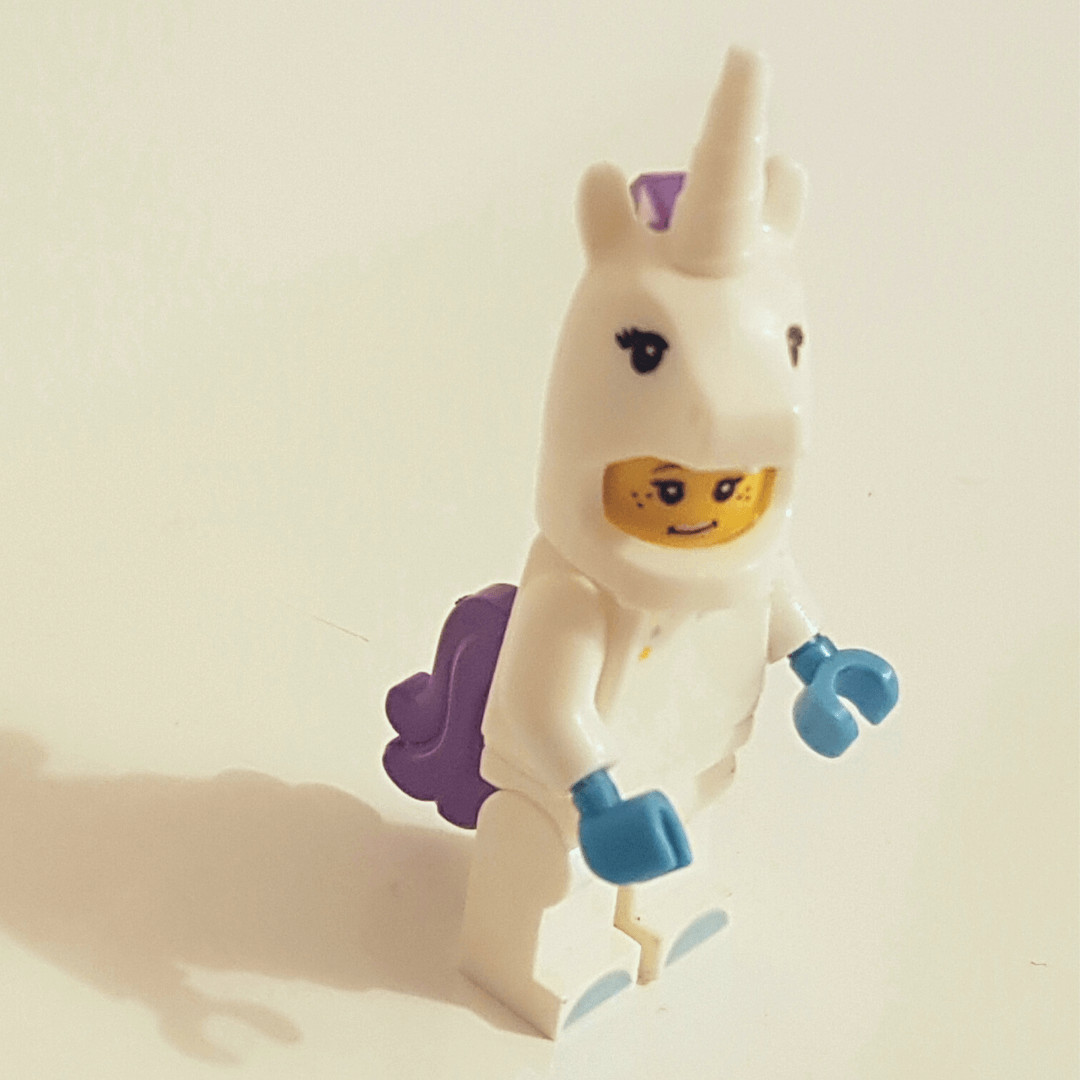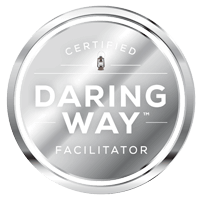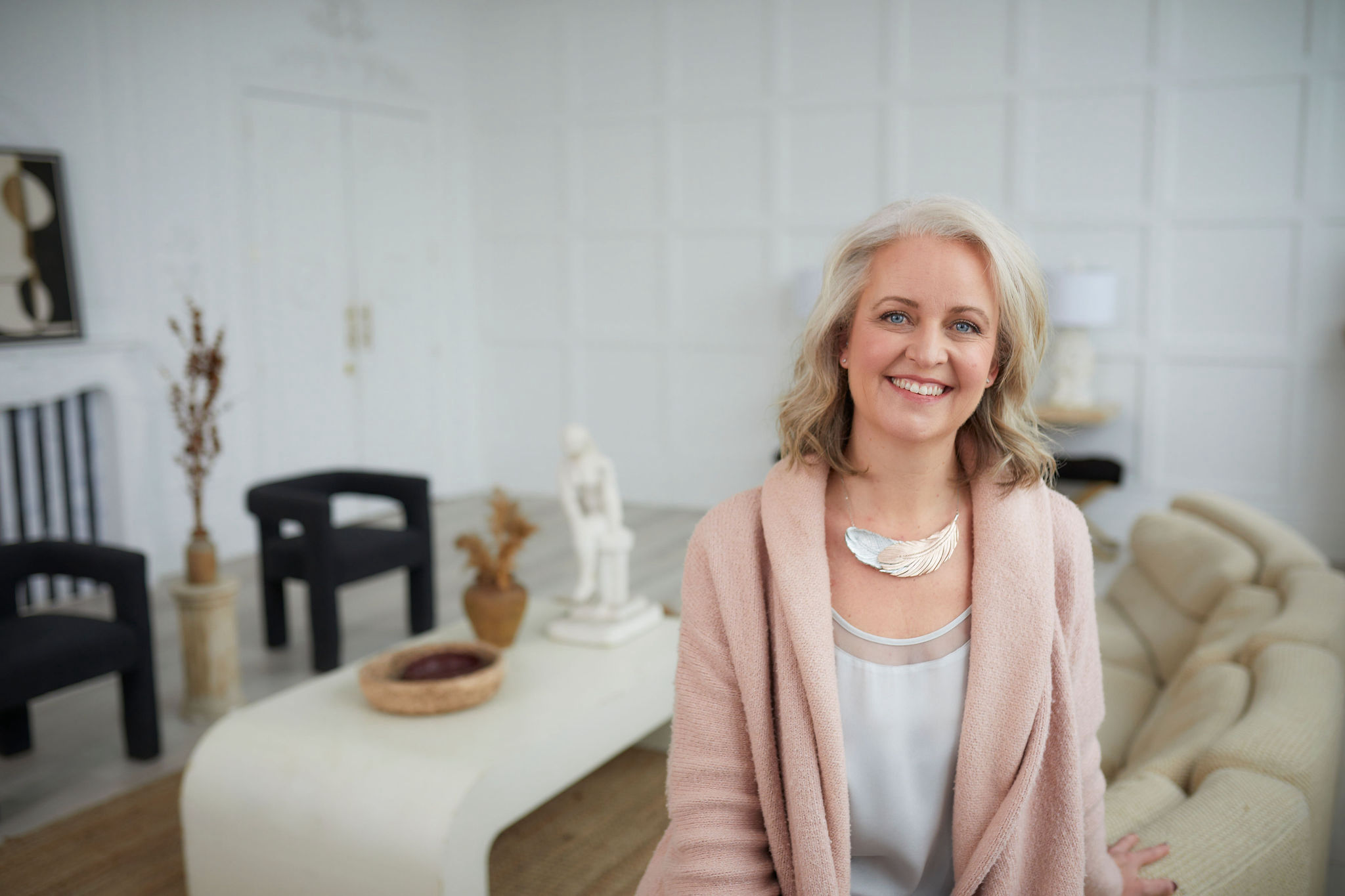This narrative explores the liberating power of love through a daring leap towards adventure in Australia and a tender farewell to a beloved Nana. It highlights the transformative journey of letting go, embracing vulnerability, and the universal truth that to love is to liberate. With poignant wisdom and a sprinkle of humour, it reflects on the courage to follow one’s heart and the profound impact of giving and receiving permission to explore life’s boundless possibilities.
Read more...Embark on a transformative journey into the heart of trust. Uncover how trusting in oneself can unlock doors to personal growth and ease the navigation through life's uncertainties. From the lessons learned in letting go to the small, everyday moments that build our confidence in others, this piece invites you to reflect on the depth of your trust in relationships. Discover the power of surrender and the beauty of trusting the process, one step at a time.
In the intricate dance of human communication, especially during times of grief, it can often feel like we're speaking different languages, struggling to understand and be understood by our nearest and dearest. This concept is beautifully unpacked through insightful communication styles outlined by Life Coach Hailey Magee, offering a lens through which we can better navigate our emotional worlds. Magee introduces us to the Volunteers and Invite-Onlies, the Askers and Guessers, and the Builders and Maintainers, each pair representing a unique way people express and wish to receive emotional support.
Understanding these communication styles can be transformative, acting as a guide in the maze of grief and emotional expression. For instance, knowing whether someone is a Volunteer or an Invite-Only can determine how we approach conversations about sensitive topics, ensuring we're providing the kind of support they're actually seeking. Similarly, distinguishing between Askers and Guessers helps us recognize the nuanced ways people seek connection and how we can respond more empathetically to their needs.
This insight not only enriches our interactions but invites us to reflect on our own communication preferences and how they shape our relationships. It's a call to more heart-to-heart conversations, reducing the guesswork and enhancing the connection in our shared journeys through grief and beyond. By embracing these communication styles, we pave the way for a deeper understanding and a stronger bond with those around us, making every silent movie moment one step closer to a mutual understanding.
Read more...


